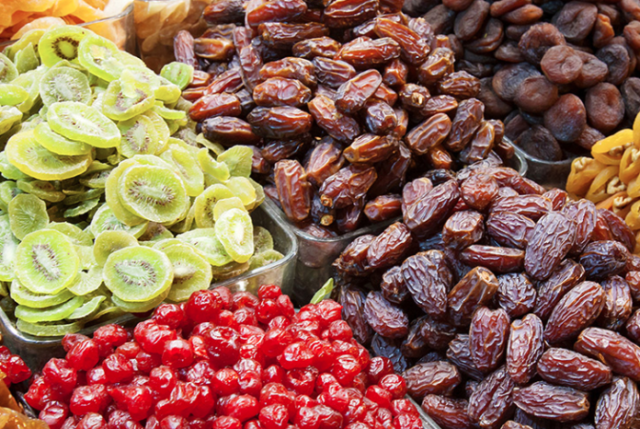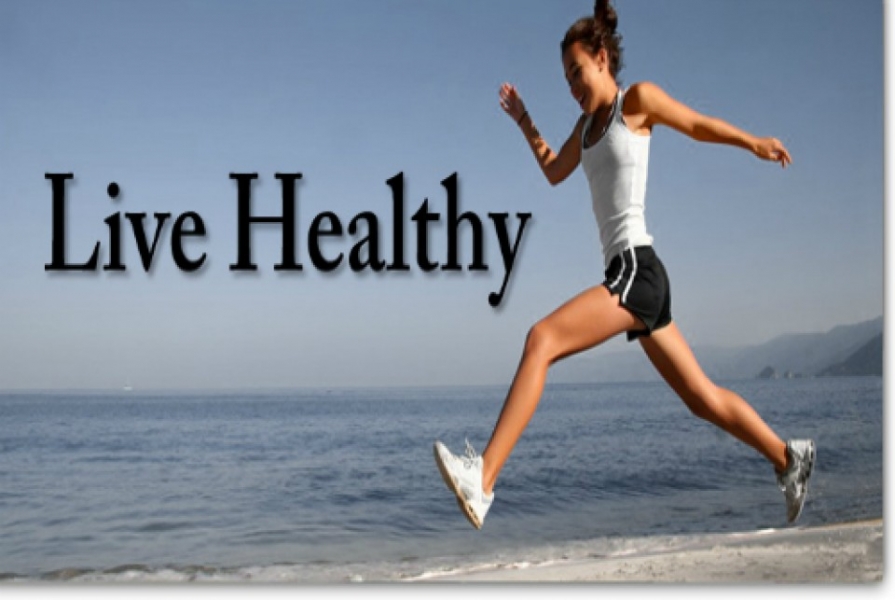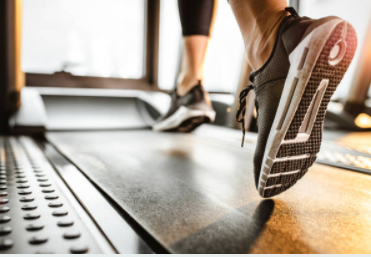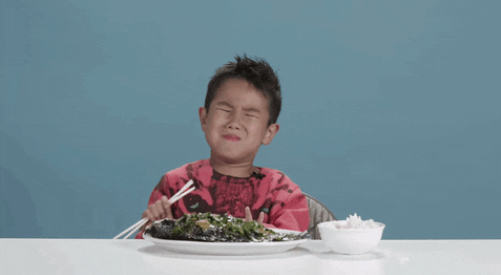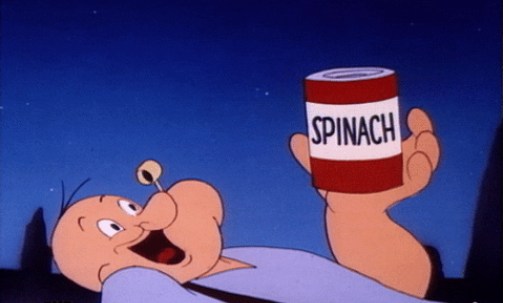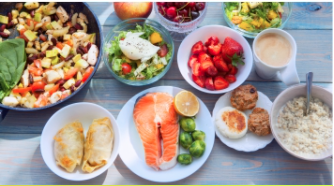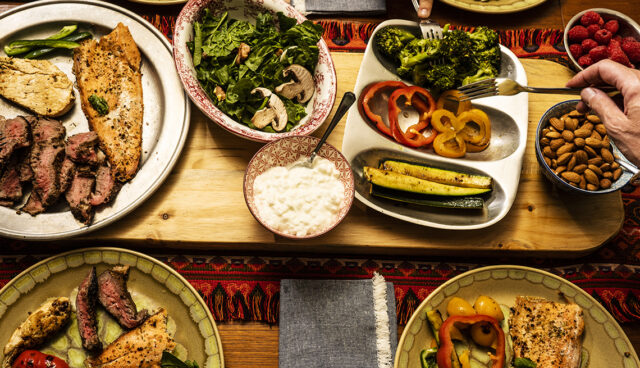If you make a list of the most popular words of our time, one of the first places in it will probably take “fitness”. The very fitness for which we choose a club for a long time and meticulously, without hesitation, we buy an annual subscription and several times a week with a titanic effort of will force ourselves to get up and go to the gym.
Which is better: a fitness club or classes at home?
Previously, there were sports and physical education in our country. They learned about the existence of fitness in the USSR only in the late 80s. Gaining momentum every year, today it has become not just a fashionable hobby, but a part of modern life. Fitness is necessary for everyone! – the advertisement of sports clubs assures. Fitness is health, slimness and good mood – instructors repeat. Wait a minute! – says a potential fitness lady and voices her “buts”:
- Going to the gym regularly takes too long
- The subscription is too expensive
- And in the end, it’s too crowded – I’m shy
For those who associate training in the “gym” more with stress than pleasure, it is time to think about home workouts. The advantages of self-study in a familiar environment are obvious:
- You can manage the time by making a schedule convenient for you
- You save a lot on subscriptions
- You will have to pay only once – for sports equipment for the home
- It will become much easier to study with your favorite music and alone.
Thus, without leaving your home, you can achieve results no worse than in a fitness club. The main thing is to do everything right:
- First of all, assess your capabilities and set goals
- Create a workout plan using specialized literature and Internet resources
- Reconsider your diet and decide on a diet
- And finally: buy a simulator
Pushing the limits: aerobics and anaerobic training
Before starting classes, we recommend that you thoroughly study the types of workouts. There are many more of them than a beginner thinks. For example, we have all heard a lot about aerobics and are practically unfamiliar with the so-called anaerobic training. The aerobic method or aerobics is training in which the oxygen consumed is sufficient to energize the body. As a rule, these are long-term sessions of low and medium intensity. Aerobic training is a good place to start with fitness. The anaerobic type is a workout, usually of high intensity and short duration (a few minutes), in which the body experiences short-term oxygen deprivation. With short-term exertion, breathing and heartbeat become more frequent, there is not enough oxygen, and energy begins to be consumed from more accessible sources – fat deposits.
- strengthening the muscles,
- improvement of the cardiovascular and respiratory systems of the body,
- improving the body’s ability not to accumulate toxins (primarily lactic acid) and accelerate their elimination,
- increased endurance.
The simplest example of the difference between aerobic activity and anaerobic activity is long distance running in a relaxed mode and sprinting for short distances. In the first case it is a classic aerobic training, in the second it is anaerobic. Fitness beginners shouldn’t jump into anaerobic workouts right away. Only after a while can you include high-intensity exercises in the program. Ideally, you need to combine both types of stress, in this case the effect on the body will be complex.
Interval workouts
One of the most effective and fastest ways to fight fat is interval cardio training or training at a “ragged” pace. This method maximizes efficiency while also shortening training time. The main idea behind interval training is to alternate between high and low intensity workouts. Studies show that if you exercise in this way for only three times a week for 15 minutes, the results will be the same as exercising on a treadmill for an hour. The uniqueness of the “interval” is that fat burning continues after training.
The main types of home fitness equipment
Treadmills – beauty and naturalness If you want to keep your body in good physical shape, home exercises on the treadmill will definitely help you with this. Your muscles will be strengthened and your heart will pump more oxygenated blood. The treadmill is perfect even for initial loads, because it is not necessary only to run on it, but you can also walk in a relaxed mode. A large selection of programs, various speed modes and incline levels will make your path to beauty and health fun and varied. Spinning the pedalsAn exercise bike is one of the most popular types of home exercise equipment. A workout that simulates cycling allows you to combine aerobic and anaerobic training, perfectly works the muscles of the legs and buttocks, improves the functioning of the respiratory system and the body as a whole. The exercise bike is small, making it ideal for home workouts. Elliptical Trainer The elliptical or cross trainer is a popular fitness machine with many functions. Many people fell in love with him for the smoothness of movements and the absence of stress on the joints. On an elliptical trainer, you can change the direction of movement, transfer the load to different muscle groups, and gently work out the whole body. In models with electromagnetic load, there is a large selection of fat burning and restorative training programs.Stepper: Climbing to the Tops Stepper is an affordable and simple trainer recommended for people of all skill levels. Steppers simulate climbing stairs, strengthens mainly the legs and buttocks. Also, classes on the stepper have a beneficial effect on the cardiovascular and respiratory system. With levers or hand grips, the shoulder girdle can also be worked out pretty well.
Nutrition, diet, exercise diary
The effect of training will not be so noticeable if a special regime and nutritional composition are not connected to your active rhythm of life. It is very important to decide on the type of diet, to be able to count calories, to know the principles of separate nutrition. Each of these points is worthy of a separate article. A training diary plays a very important role in sports . In it, you write down the strength indicators and the number of repetitions performed. Such a diary is especially important for beginners, as it will allow them to become more disciplined and motivate for new “exploits”.
Your personal diary should contain the following information:
- Training date, week number
- Body weight
- Warm up and cool down notes
- Your own assessment of the lesson on a five-point scale
- Duration of workout
- Do not be lazy to keep a diary, because based on its data, you can visually assess your progress in training, find weaknesses and strong decisions that will lead you to success.
And home is better!
So, let’s consolidate all the benefits of training that you will get without even leaving your home:
- Extra calories will “run away”
- Your muscles will be strengthened
- The general tone and immunity will increase
- Performance and endurance will improve
Of course, classes in a fitness club have their advantages, but only at home can you work on yourself calmly and focused, without being distracted by extraneous noise and without being embarrassed by your neighbors in the gym. And let the purchase of a simulator be as enjoyable for you as independent work on yourself. Sportiv online store will be happy to help you create your personal fitness club.
